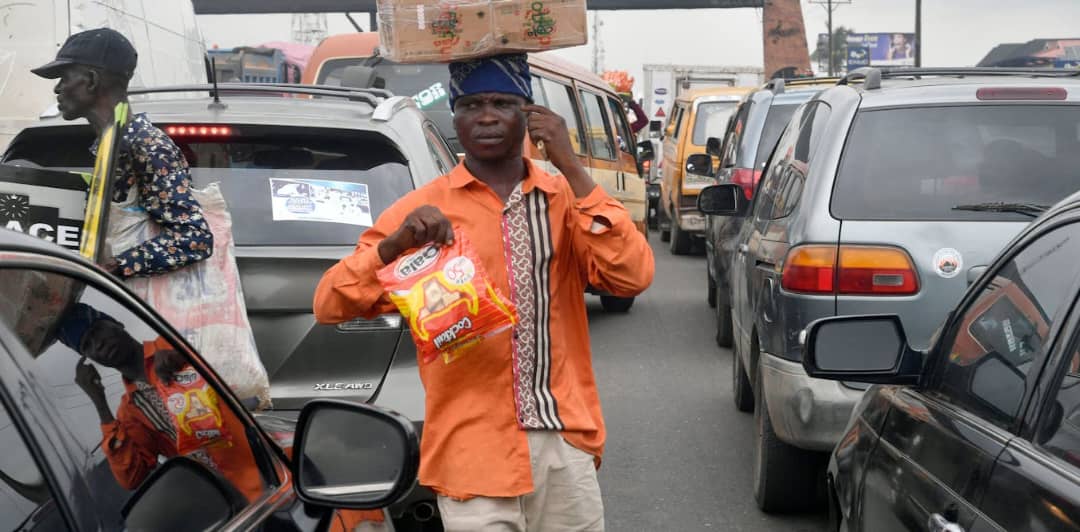/ Editorial
Views: 880
The Daily Struggles of the Common Man in Nigeria

The sun has barely risen over the crowded streets of Igbudu when Musa Danjuma, a 36-year-old father of two, begins his day. With a weary wheelbarrow and a worn-out pair of sandals, he joins a crowd of labourers waiting for someone—anyone—who needs help carrying goods in the market. His hope: to earn enough for his family’s next meal.
For Musa and millions like him across Nigeria, each day is not simply about living—it's about surviving.

The Weight of a Broken System
Nigeria, Africa’s most populous nation, is often described as a land of potential. Yet, for the ordinary citizen, that potential remains painfully out of reach. A combination of high level of unemployment, rising inflation, poor infrastructure, erratic power supply, and a battered naira has turned basic needs into luxury items.
“Even garri is now expensive,” says Goodness Onome, a secondary school teacher in Warri. “Before, when salary delayed, at least we could fall back on garri and groundnut. Now, even that is a struggle.”
The numbers tell part of the story: inflation hovers in the double digits, with food prices surging by more than 30% in some regions. But statistics cannot capture the heartbreak of parents unable to pay school fees or the quiet desperation of university graduates riding okada just to get by.
Power Cuts and Powerlessness
In the bustling city of Effurun, Omonemu Anthony runs a small barbershop. Or at least, he tries to. “I spend more on petrol than I earn,” he says, pointing to the noisy generator that powers his clippers. “No light for days. How can I survive like this?”
For many small businesses, power outages are more than an inconvenience, they are a death sentence. Yet, despite promises from successive governments, the national grid remains fragile, leaving ordinary Nigerians to fend for themselves in the dark.
A Country in Motion, Standing Still
Traffic at the PTI junction owing to the ongoing construction work is becoming legendary, but it is more than just a nuisance. For hawkers like Onoriode Atamu, who weaves between idling cars with trays of boiled corn on her head, it is also an opportunity.
“I have to sell everything before night,” she says. “It’s not safe for a woman like me to be out late.”
Behind every face in the crowd at Igbudu Market is a story—a silent war against rising costs, dwindling opportunities, and a government that often seems out of touch. Yet, amidst the hardship, there is resilience.
From the Keke Rider navigating chaotic streets to the market woman calculating change by torchlight, Nigerians continue to move forward, one step at a time.
Hope on the Horizon?
While the challenges are precipitous, so too is the spirit of the people. Youth-led innovation is growing, and pockets of progress in tech, agriculture, and education offer a glimpse of what could be. But without systemic change, these gains remain fragile.
“Things will get better,” Friday Imonena says, his eyes scanning the morning crowd for his first customer. “They have to. We can’t keep living like this.” Until then, the hustle continues.
END